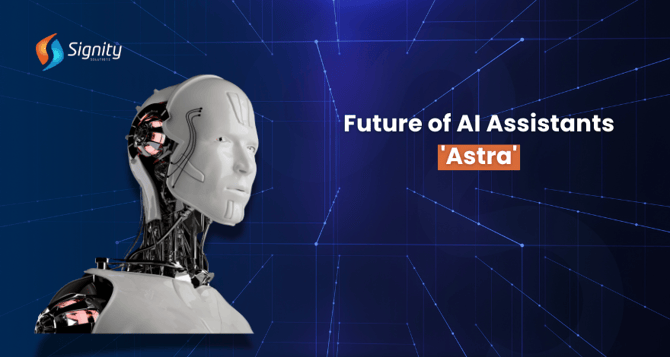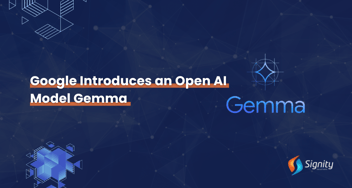Google's Project 'Astra': The Future of AI Assistants
Google's Project Astra introduces autonomous AI agents, reshaping user experiences. Advancements in generative AI drive innovation, with implications for privacy and human-AI interaction.

In a groundbreaking move, Google has unveiled its latest venture, Project Astra, promising to redefine the landscape of AI assistants. Astra is not just another iteration; it marks the beginning of a new era — one where autonomous AI agents take center stage, revolutionizing how we interact with technology and each other.
As Google's Project Astra paves the way for autonomous AI agents and redefines the user experience, it also sets the stage for significant implications in the future of AI.
Advancement in Generative AI
Project Astra's reliance on generative AI technologies underscores the importance of continued advancements in this field. As AI assistants become more autonomous and capable of understanding complex contexts, the demand for sophisticated generative models will only grow.
This presents exciting opportunities for generative AI development companies to push the boundaries of what's possible in AI innovation.
Evolution of Natural Language
The integration of advanced natural language understanding algorithms highlights the crucial role of language comprehension in enhancing user experiences.
As AI assistants evolve to comprehend and respond to human language with greater nuance and accuracy, the development of more advanced language models will be essential. This suggests a future where conversational AI becomes even more integral to daily interactions.
Ethics and Privacy
With the rise of autonomous AI agents like those envisioned in Project Astra, ethical considerations surrounding privacy and data usage have become increasingly pertinent.
 Human-Machine Interaction
Human-Machine Interaction
Project Astra's vision of seamless integration between humans and autonomous AI agents foreshadows a future where the boundaries between the two blur even further. As AI becomes more adept at understanding and anticipating human needs, the nature of human-machine interaction will evolve.
This raises questions about AI's role in society, the division of labor between humans and machines, and the potential for AI to augment human capabilities in novel ways.
Industry and Workforce Impact
The proliferation of autonomous AI agents, enabled by projects like Astra, has significant implications for various industries and the workforce.
As AI takes on more complex tasks traditionally performed by humans, it has the potential to reshape industries, create new job opportunities, and automate repetitive tasks. However, it also raises concerns about job displacement and the need for reskilling and upskilling initiatives to ensure a smooth transition in the workforce.
Conclusion
Project Astra represents a leap forward in AI technology and foreshadows its profound implications for the future.
Advancements in generative AI drive innovation, while ethical considerations shape privacy and human interaction, impacting society profoundly.


%201-1.webp?width=148&height=74&name=our%20work%20(2)%201-1.webp)


.png?width=344&height=101&name=Mask%20group%20(5).png)


















